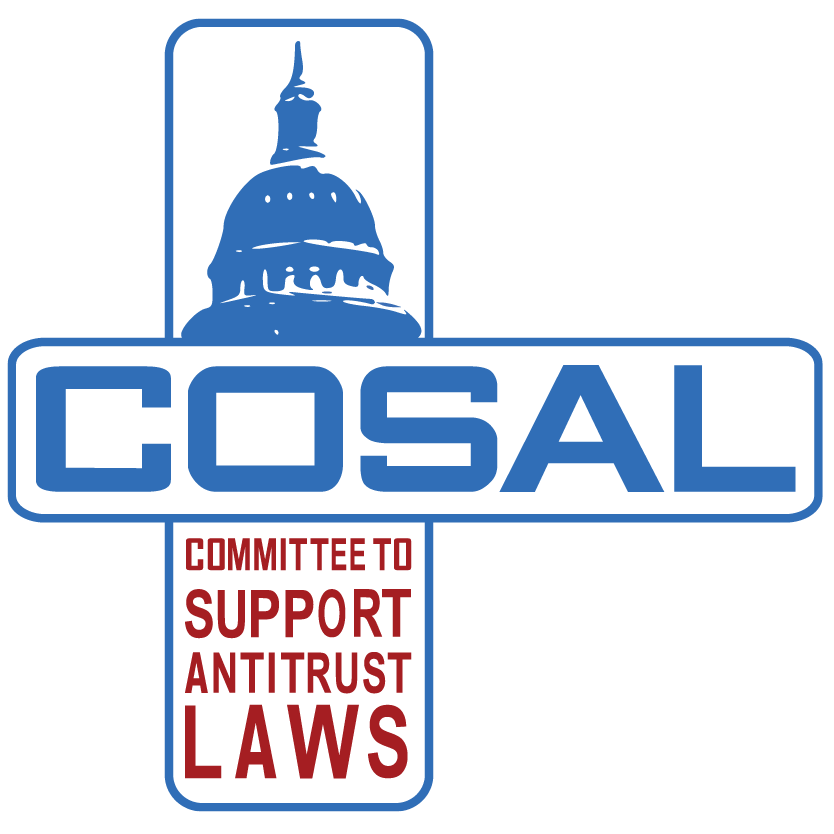Amicus Brief: Gibson v. Cendyn Group
COSAL filed an amicus brief in the 9th Circuit on Thursday in Gibson v. Cendyn Group, a case challenging hotels’ agreement to use a third party’s pricing algorithm to set prices for hotel rooms in Las Vegas.
Plaintiffs Richard Gibson and Robert Manzo brought class claims against Rainmaker Group, a software company that sells revenue management solutions (“RMS”), and hotels that operate on the Las Vegas strip (e.g., MGM, Caesars, Wynn), alleging that the hotel defendants artificially inflated the price of hotel rooms after agreeing to use Rainmaker’s RMS platform to recommend pricing. Among other things, plaintiffs alleged that this conduct amounted to a horizontal price fixing conspiracy (which the Court characterized as an alleged hub-and-spoke conspiracy) in violation of federal antitrust laws. Earlier this year, the district court dismissed the complaint with prejudice finding that the existence of a conspiracy between the hotel defendants and Rainmaker was implausible.
COSAL filed an amicus brief, arguing that, contrary to the district court’s reasoning: 1) antitrust law does not require plaintiffs to allege that the hotel owners began using the price-setting algorithm contemporaneously; 2) a plaintiff may establish a an unlawful restraint even where some of the data fed into the price-setting algorithm was public; 3) cartel agreements are not excused from antitrust scrutiny merely because defendants labeled the algorithm’s pricing outputs as “recommendations,” where users of the algorithm accepted the suggested pricing over 90% of the time; and 4) the facts alleged required the district court to evaluate the alleged restraint as horizontal only, rather than as vertical or a mix of vertical and horizontal.
COSAL also argued that the district court should have evaluated the allegations in the complaint as a whole, rather than in isolation, and that the district court improperly credited defendants’ alternative explanations even though plaintiffs had made allegations that Twombly recognizes as plausible.
Thank you to the team of Gary Smith, Deborah Elman, Dave Rochelson, Patrick Rodriguez, Josh Davis, and Matthew Summers.

